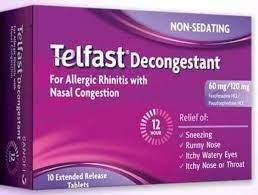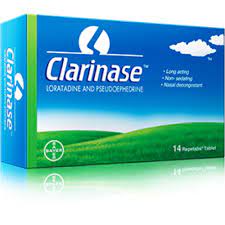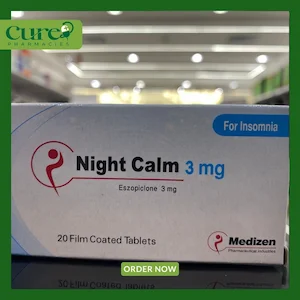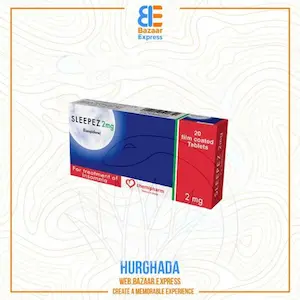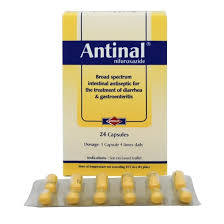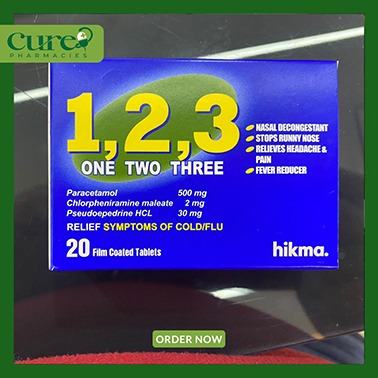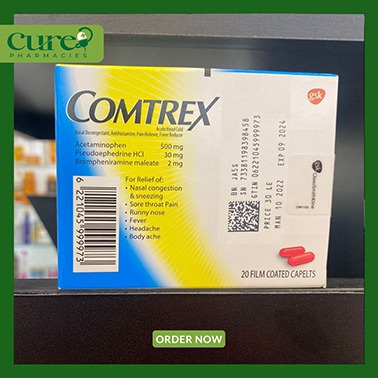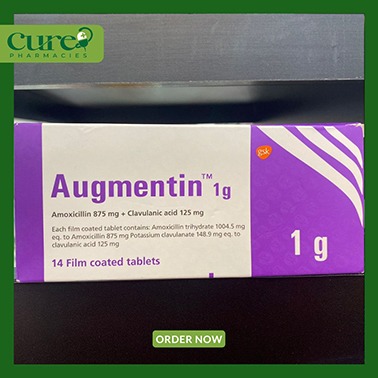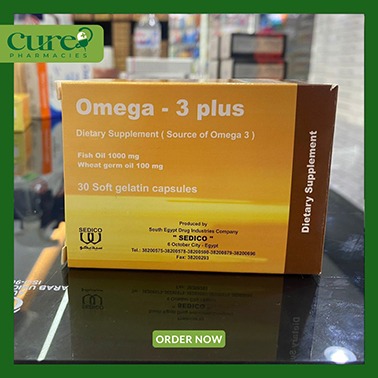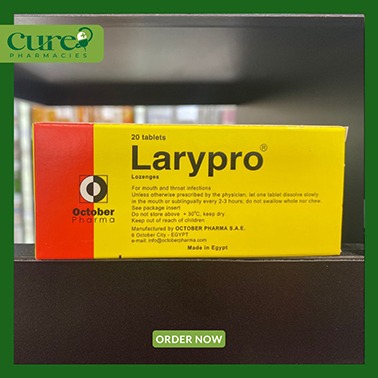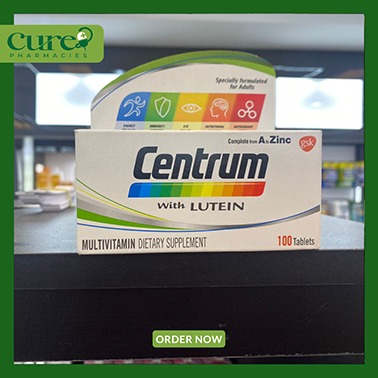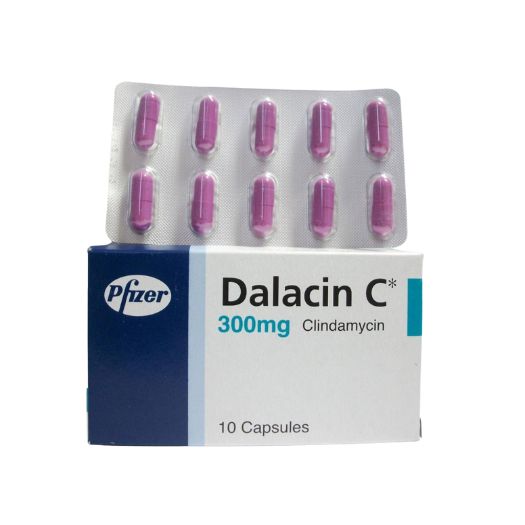



Dalacin C - 300 mg 10 Capsules
-
$ 2.00
-
$ 3.00
-
$ 2.00
-
$ 2.00
-
$ 3.00
Reviews & Ratings
Dalacin C - 300 mg 10 Capsules
— infectious and inflammatory diseases caused by microorganisms sensitive to clindamycin;
— infections of the upper respiratory tract and infections of the ENT organs (pharyngitis, tonsillitis, sinusitis, otitis media), lower respiratory tract infections (pneumonia, including aspiration, lung abscess, pleural empyema, bronchitis), scarlet fever, diphtheria
— infection of the urogenital tract (chlamydia, endometritis, vaginal infections, tubo-ovarian inflammation)
— infections of the skin and soft tissues (infected wounds, abscesses, boils, panaritium), abdominal cavity (peritonitis, abscess), oral cavity
— acute and chronic osteomyelitis
— septicemia (primarily anaerobic)
— bacterial endocarditis Prevention of peritonitis and intra-abdomi abscesses after intestinal perforation or as result of traumatic infection (in combination with aminoglycosides)
Trade name: Dalatsin C
Dalacin C
Composition : Each capsule contains :
Clindamycin hydrochloride 300 mg
Auxiliary components: Starch, lactose monohydrate, talc, magnesium age.
Properties: Clindamycin is a drug from the group of antibiotics — lincosamides, has a broad spectrum of action, bacteriostatic, binds to the 50S ribosome subunit and inhibits protein synthesis in microorganisms.
Active against Staphylococcus spp. (including Staphylococcus epidermidis, producing penicillinase), Streptococcus spp.
(excluding Enterococcus spp.), Streptococcus pneumoniae, anaerobic and microaerophilic gram-positive cocci (including Peptococcus spp. and Peptostreptococcus spp.), Corynebacteriumdiphtheriae, Clostridium perfringens, Clostridium tetani., Bspp. spp. (including Bacteroidesfragilis and Bacteroidesmelaningenicus), anaerobic gram-positive, non-spore-forming bacilli (including Propionibacterium spp., Eubacterium spp., Actinomyces spp.).
Indications : — infectious and inflammatory diseases caused by microorganisms sensitive to clindamycin
—infections of the upper respiratory tract and infections of the ENT organs (pharyngitis, tonsillitis, sinusitis, otitis media), lower respiratory tract infections (pneumonia, including aspiration pneumonia, lung abscess, pleural empyema, bronchitis), scarlet fever, diphtheria;
—infection of the urogenital tract (chlamydia, endometritis, vaginal infections, tubo-ovarian inflammation);
—infections of the skin and soft tissues (infected wounds, abscesses, boils, panaritium), abdominal cavity (peritonitis, abscess), oral cavity;
—acute and chronic osteomyelitis;
—septicemia (primarily anaerobic);
—bacterial endocarditis;
— Prevention of peritonitis and intra-abdominal abscesses after intestinal perforation or as a result of traumatic infection (in combination with aminoglycosides).
Method of administration and dosage : Inside, adults and children over 15 years old (average child weight 50 kg and above) with diseases of moderate severity are prescribed 1 capsule (150 mg) 4 times / day (every 6 hours).
For severe infections, adults and children over 15 years of age, a single dose can be increased to 2-3 capsules (300-450 mg).
— myasthenia gravis; — bronchial asthma; — ulcerative colitis (history) rare hereditary diseases, such as: — galactose intolerance, lactase deficiency or glucosegalactose malabsorption (for capsules); —pregnancy;
lactation period ; - Children up to 3 years old — for a solution for i / v and i / m administration (due to the lack of data on the safety of benzyl alcohol use);
- Children up to 8 years old for capsules (average child weight less than 25 kg);
- increased sensitivity.
Clindamycin is used with caution in patients with severe hepatic and / or renal insufficiency, in elderly patients.
Precautions : Pseudomembranous colitis can appear both while taking clindamycin and 2-3 weeks aft stopping treatment (3-15% of cases); manifested by diarrhea, leukocytosis, fever, abdominal pain (sometimes accompanied by the release of blood and mucus with feces).
If these phenomena occur in mild cases, it is sufficient to discontinue treatment and use ion-exchange resins (colestyramine, colestipol), in severe cases, it is shown to compensate for the loss of fluid, electrolytes and protein, the appointment ofvancomycin by mouth or metronidazole.
Do not use drugs that inhibit intestinal peristalsis.
Side effects: From the digestive system: dyspepsia
(abdominal pain, nausea, vomiting, diarrhea), esophagitis, jaundice, liver dysfunction, hyperbilirubinemia, dysbiosis, pseudomembranous enterocolitis.
From the side of the musculoskeletal system: rarely — impaired neuromuscular conduction.
From the side of hematopoiesis: leukopenia neutropenia, agranulocytosis, thrombocytopenia.
Allergic reactions: rarely — maculopapular rash, urticaria, itching; in some cases, exfoliative and vesiculobullous dermatitis, eosinophilia, anaphylactoid reactions.
From the side of the cardiovascular system: with rapid intravenous administration — a decrease in blood pressure, up to collapse; dizziness, weakness.
Local reactions: irritation, soreness (at the place of i / m injection), thrombophlebitis (at the place of i / v injection).
Others : development of superinfection.
Storage method : Store at a temperature not exceeding 30 degrees.
Packaging : The cardboard box holds a blister of 10 capsules.
Related products
One Two Three 1 2 3 Tablets
Comtrex tablets
Augmentin 1 gm Tablets
Omega-3 Plus - 30 Capsules
Perfectil tablet
Larypro 20 Lozenges
Centrum 100 tablets
Product Queries (0)
Login Or Registerto submit your questions to seller
Other Questions
No none asked to seller yet
-
$ 2.00
-
$ 3.00
-
$ 2.00
-
$ 2.00
-
$ 3.00
Bazaar Express: Online Marketplace for All Your Shopping Needs
New Feature! Now offering international shipping for products not restricted by Egyptian law. Shipping costs are to be covered by the customer, and payment will be made in advance through PayPal or bank transfer. Special rates available for bulk orders.
- Please Note: Medications are prohibited from international shipping.
- International shipping costs approximately $25 for up to 2 kilograms.
- For deliveries within Egypt, we offer shipping at a nominal rate.
- Contact us via WhatsApp at +201503555598 for more details.
- Special Offer! Free shipping to all suburbs of Hurghada.
Bazaar Express: Online Marketplace for All Your Shopping Needs
